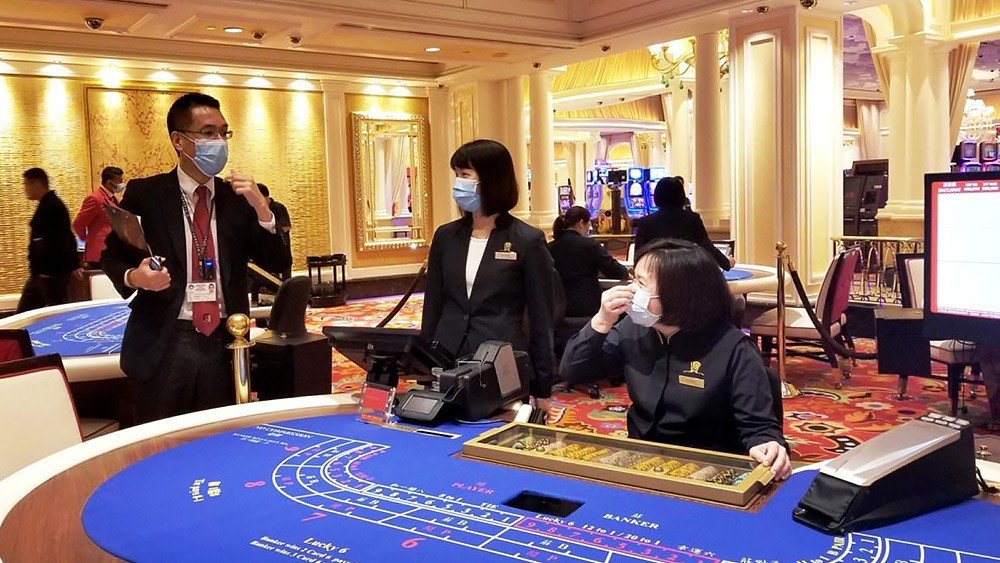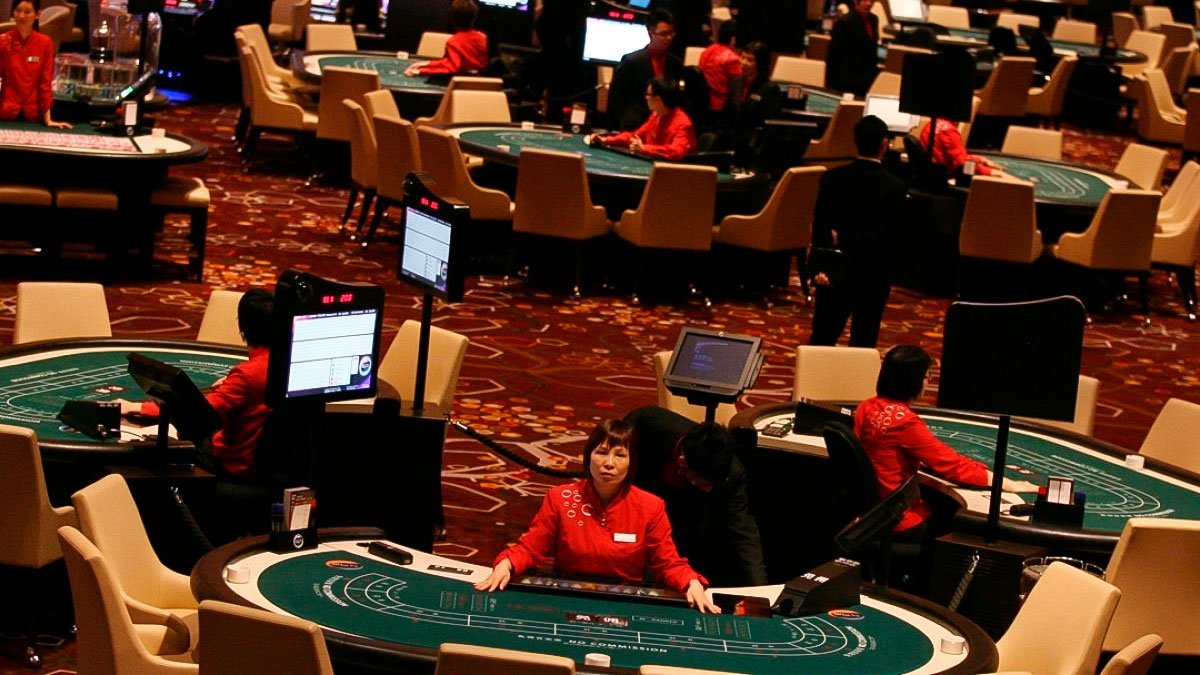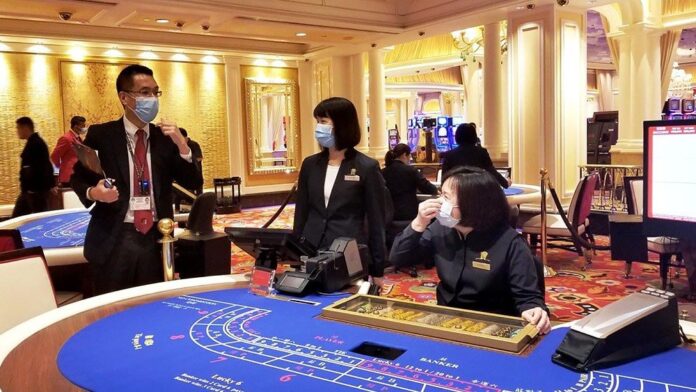China’s anti-corruption campaign has significantly affected Macau’s VIP segment, according to a recent investigation by scholars from Mainland China and the USA. The study shows that this is the segment that has taken the biggest from the crackdown, while other areas of the hub’s gambling industry have remained mostly unaffected.
The report comes almost 10 years since Chinese President Xi Jinping took office in 2013 with a commitment to fight corruption. These efforts ramped up from 2014 onwards, extending throughout China and its non-Mainland territories, with the effects reaching Macau as well. Prior to the campaign, two-thirds of the gross gaming revenue was contributed by the VIP segment, and more than 95% of VIP customers were Mainland-Chinese corporate and public officials.
The new study measured the impact of China’s corruption crackdown on Macau’s tourism and gaming industry, reports Macau Business. “The anti-corruption policy prevented high rollers in mainland China from spending large amounts on gambling and punished over 1.34 million corrupt officials from 2013 to 2017, which directly affected Macau casinos’ bottom lines,” state the authors of Examining the Impact of China’s Corruption Crackdown: A Forecast for Macau’s Tourism and Gaming Industry (2022).

Macau’s gaming revenue dropped by 34% in 2015, “largely due to the decrease in spending from VIP patrons,” authors point out. When mainland China began to ramp up its anti-corruption efforts in 2014, “many corrupt officials, including some state-owned enterprise leaders, were afraid to gamble in Macau, which had a direct and seriously negative impact on Macau’s VIP gaming revenue,” they further noted.
In the second, third, and fourth quarters of 2014, the revenue from the VIP segment in Macau casinos decreased by 5.83%, 19.07%, and 29.02% year-over-year, respectively, says the cited source. Through various scientific methodologies, the authors did the math and concluded that “a statistically significant decrease” of MOP10.625 million ($ 1.3 billion) in quarterly VIP Baccarat revenue occurred during the first quarter of 2014.
“It suggests that the Chinese government’s anti-corruption campaign had an almost instant impact on VIP Baccarat revenue and caused an abrupt decrease by approximately 16% in quarterly revenue on average, in addition to the sharp downward trend,” this while the decrease in non-VIP Baccarat “could be considered minimal and negligible” or “no statistically significant decrease in quarterly Slot Machine revenue was found.”

“Therefore, it is safe to say that China’s anti-corruption campaign only significantly affected the VIP segment (VIP Baccarat) of Macau’s gaming industry. In fact, the mass market has been stable, if not expanding, despite the anti-corruption campaign,” the report retrieved by Macau Business says.
From that moment on, according to the data provided by the Macau Statistics and Census Service, the difference between VIP Baccarat and Non-VIP Baccarat revenue has been shrinking. The difference in the third quarter of 2019 was MOP 508 million ($62.9 million), which has been the lowest value in recent years.
“From an overall macro perspective, the difference between VIP Baccarat and Non-VIP Baccarat revenue since the beginning of the anti-corruption campaign has shown a declining trend. This further suggests that China’s anti-corruption campaign, while limiting the VIP Baccarat, has not affected Macau’s mass market,” is another finding of the three authors.
In other words, in line with what other researchers had already defended, “corrupt public officials accounted for a large portion of the VIP patrons in Macau and the anti-corruption campaign had blocked these high rollers.”
Going forward, researchers believe that VIP Baccarat “will no longer be the main contributor to Macau’s gaming industry” and Macau will need “to offer more diversified services to meet the demand of the ever-changing market.” In fact, both the gaming industry and the Macau government are “fully aware” of this trend and have started to create a new image for Macau, they noted.
However, since no significant increase in demand from the mass market can be expected in the near future, “it is critical for casinos to expand their customer bases,” the authors suggest. “Casinos might need to consider lowering their minimum bets, and providing new gaming options such as poker and Bingo-style social games to attract more visitors, particularly casual gamblers and senior tourists,” they add.














